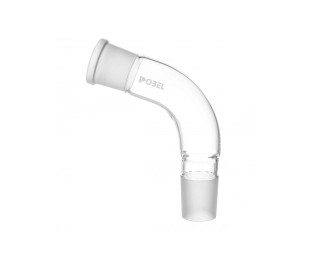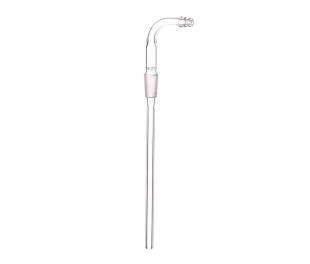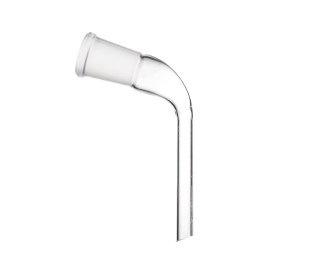Test tubes
Glass Tubes That Actually Get Used Every Day
You know those cylindrical glass tubes sitting in racks all over your lab? They're probably the most-handled piece of equipment you'll touch during your shift. Whether you're running quick tests, storing samples overnight, or setting up a batch of reactions, test tubes are doing the heavy lifting in ways we don't always think about.
Essential Glass Vessels for Scientific Analysis
These tubes come in borosilicate glass or plastic varieties, ranging from tiny 5ml versions up to 50ml workhorses. The round-bottom ones are what you'll grab for mixing and heating, while flat-bottom tubes stand up nicely when you need something stable on the bench. Unlike Beakers that expose your samples to more air and contamination risk, test tubes give you that contained environment that's crucial for sensitive work.
Borosilicate Construction and Thermal Resistance
Type I borosilicate glass handles thermal shock like a champ - you can move these straight from ice baths to heating blocks without worrying about cracks. Here's what makes them reliable:
- Temperature tolerance up to 500°C for flame sterilization and high-heat reactions
- Chemical resistance to acids, bases, and organic solvents you're using daily
- Uniform wall thickness means consistent heating across your entire sample
- Fire-polished rims won't chip and contaminate your work
Just remember to pair them with proper Personal Protective Equipment & Safety Gear when you're heating anything - those tubes get hot fast.
Standard Sizes and Volume Capacities
Most labs stock 10ml, 13ml, 16ml, and 25ml tubes as standards. You'll find graduated versions helpful for quick measurements, though they're not as precise as volumetric glassware. The 13x100mm size fits most centrifuge rotors and heating blocks perfectly. Pro tip: check out our Special offers on bulk packs if you're going through dozens per week - it's way more economical than ordering small quantities.
Applications in Chemical Testing and Sample Storage
We use these for everything from simple mixing and heating to complex enzymatic assays. They're perfect for:
- Running colorimetric tests and spectrophotometry samples
- Growing small-scale bacterial cultures before scaling up to flasks
- Precipitation reactions where you need to see crystal formation clearly
- Storing prepared standards and reagents with Stoppers for short-term use
When you need larger volumes or wider openings for stirring, grab High laboratory glasses instead - but for contained, controlled work, test tubes are your go-to.
Our partners
We only work with trusted brands
Sign up to our newsletter to get the latest news and updates about our products.









